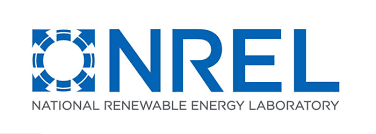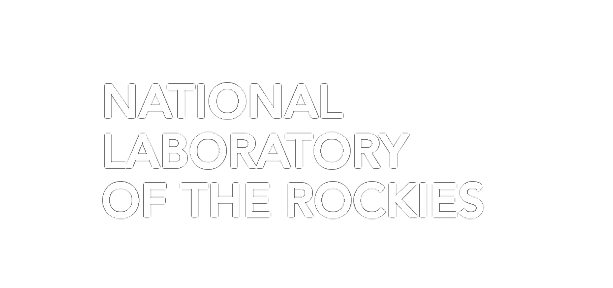
Strategies for Co-processing in Refineries (SCR)
| Project ID | ff6845d8-f71e-4d4e-94e5-d4c20b42e21f |
|---|
SCR
Lead PI: Kim Magrini, National Renewable Energy Lab/NREL
Co-PIs:
- Huamin Wang, Pacific Northwest National Lab/PNNL
- Zhenghua Li, Los Alamos National Lab/LANL
Abstract The SCR is project, which builds on existing work and TEA, is to quantitatively determine feedstock and blend chemical composition and then optimize the relationship between bio-oil/bio-crude petroleum feedstock blend level and biogenic carbon incorporation into product fuel for co-processing biomass-derived liquids (FP and catalytic fast pyrolysis (CFP) bio oils, hydrothermal liquefaction (HTL) bio-crude ) with petroleum feeds (VGO, LCO and others) via conventional FCC or HC/HT processing and assess finished fuel composition for explicit oxygenate impacts. Additionally, tracking isotope labeled biomass throughout co-processing will provide detailed chemical information on conversion and upgrading that does not currently exist while also determining the amount of biogenic carbon captured in the co-processed fuel products.
The Strategies for Co-processing Task is a vertically-integrated and collaborative project, including three national labs comprising NREL for FCC study, PNNL for HC/HT study, and LANL for biogenic carbon tracking, and spanning catalyst, blend level, and reaction parameter screening studies using small scale reactors for down-selecting to process relevant co-feeding conducted with larger reactor systems such as Davison Circulating Riser (DCR) for FCC and 400 ml hydrotreater for HC/HT. The overarching goal of this project is to develop an efficient (10 wt.% or > bio oil/bio-crude incorporation into fuel) co-processing technology for refinery insertion using biomass (wood, agricultural residue, or wastewater sludge) derived liquids (bio-oil or bio-crude), petroleum feedstocks (VGO and others), and FCC and HC/HT processes.








